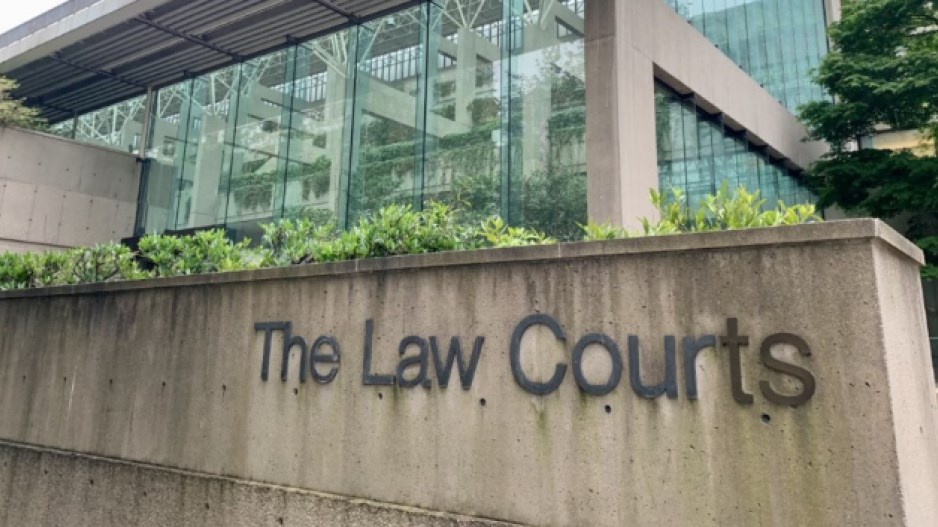The Metlakatla First Nation is taking the Prince Rupert Port Authority and the federal government to court to overturn a determination that a proposed bulk liquid petroleum storage facility isn’t “likely to cause significant adverse environmental effects.”
In a judicial review application filed in the Federal Court of Canada on Dec. 9, the Metlakatla First Nation by its Chief Harold Leighton claims federal authorities, including Transport Canada and Environment and Climate Change Canada, ignored key facts about the project’s environmental impacts. The Metlakatla claim the storage facility is on their traditional hunting, fishing and gathering territory, where construction activities and operations will negatively affect the quality and quantity of traditionally harvested resources.
The project’s principle, Vopak Development Canada Inc., isn’t named as a respondent alongside the Attorney General of Canada and the Prince Rupert Port Authority in the application. But the Metlakatla First Nation claims the company plans to store gas, methanol and other petroleum products that will be loaded onto trains and vessels to serve Asian, Central and South American markets.
“The Federal Authorities failed to meaningfully address the concerns Metlakatla raised,” the application states. “They gave insufficient consideration or weight to Metlakatla's views and demonstrated a lack of interest in implementing mitigation and accommodation measures to address Metlakatla's concerns.”With a 50-year lifespan and a 38-hectare footprint on Ridley Island, the project would see the loss of wetlands and more than a hectare of old growth forest.
In addition, a report found the project’s projected greenhouse gas emissions were found to be intense enough to hinder the Canadian government from reaching its reduction goals for both 2030 and its “net-zero target” for 2050.
“The Report unequivocally describes the residual effects from Project-related GHG emissions as moderate in context, global, long-term, continuous, and Irreversible,” the application states. “Nevertheless, the Federal Authorities inexplicitly concluded that the Project is not likely to result in significant adverse environmental effects from GHG emissions.”
Meanwhile, Vopak has committed to developing an emissions-reduction plan within the next two years; however, the Metlakatla claim they and the federal government have no means to verify details in the plan or enforce any future targets it may lay out. Despite the concerns over the project’s greenhouse gas emissions, the federal government determined it wouldn’t cause “adverse environmental effects.” The Metlakatla First Nation claims the decision is “perverse” and impossible to square with findings that its emissions would hamper the country’s reduction targets for 2030 and 2050.
“Climate change is an existential threat to all people living in Canada and in all nations,” the application states. “There is a scientific consensus that failure to take urgent steps will lead to catastrophic consequences.”
The Metlakatla First Nation seeks an order to quash the port authority and federal government’s determination and a declaration that the 1,000-member-plus Indigenous group is “entitled to full consultation prior to any decision approving the Project.”
The application’s factual basis has not been tested or heard by the Federal Court of Canada, and the Prince Rupert Port Authority and the Attorney General of Canada had not responded to the application by press time.




